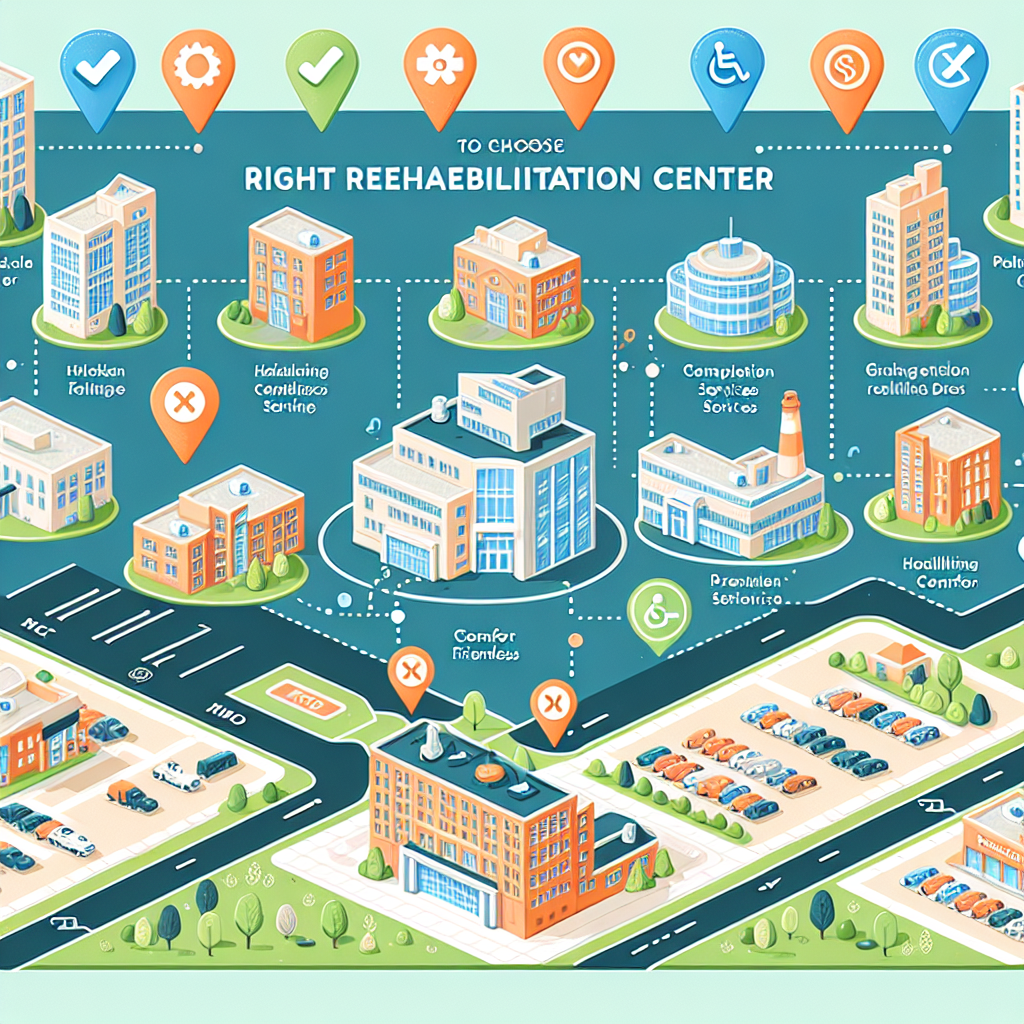-
Table of Contents
“Unmasking the Dangers: The Severe Health Risks of Methamphetamine Addiction”
Introduction
Methamphetamine addiction poses severe health risks that can affect nearly every system in the body. Chronic use of this powerful stimulant can lead to cardiovascular problems such as increased heart rate, elevated blood pressure, and a higher risk of heart attack and stroke. Neurologically, methamphetamine can cause significant brain damage, leading to cognitive deficits, memory loss, and emotional disturbances like anxiety, paranoia, and hallucinations. The drug’s impact on the central nervous system can also result in severe dental issues, commonly known as “meth mouth,” characterized by tooth decay and gum disease. Additionally, methamphetamine use can weaken the immune system, making individuals more susceptible to infections and diseases. The combination of these physical and mental health risks underscores the critical need for effective treatment and intervention for those struggling with methamphetamine addiction.
Physical Health Risks Associated With Methamphetamine Addiction
Methamphetamine addiction poses severe physical health risks that can have long-lasting and sometimes irreversible effects on the body. Understanding these risks is crucial for those struggling with addiction and their loved ones, as it can inspire a journey toward recovery and a healthier life. Methamphetamine, commonly known as meth, is a powerful and highly addictive stimulant that affects the central nervous system. Its use can lead to a myriad of physical health issues, beginning with the immediate and extending to the long-term consequences.
One of the most immediate physical health risks associated with methamphetamine use is the increased heart rate and blood pressure. This stimulant effect can lead to cardiovascular problems, including heart attacks and strokes, even in young and otherwise healthy individuals. The strain on the heart and blood vessels can be catastrophic, leading to sudden and severe health crises. Additionally, methamphetamine use can cause hyperthermia, or dangerously high body temperatures, which can result in organ failure and death if not promptly treated.
Moreover, methamphetamine has a profound impact on the brain. Chronic use can lead to significant neurological damage, manifesting as cognitive deficits, memory loss, and emotional disturbances. The drug’s neurotoxic effects can damage dopamine and serotonin neurons, which are critical for regulating mood, motivation, and pleasure. This damage can result in long-term mental health issues, including depression, anxiety, and psychosis, further complicating the recovery process.
Another significant physical health risk is the deterioration of oral health, often referred to as “meth mouth.” Methamphetamine use can lead to severe dental problems, including tooth decay, gum disease, and tooth loss. The drug’s acidic nature, combined with dry mouth and poor oral hygiene practices common among users, contributes to this condition. The resulting dental issues can cause pain, infections, and difficulties in eating and speaking, severely impacting the individual’s quality of life.
Furthermore, methamphetamine addiction can lead to severe skin problems. Users often experience intense itching and formication, a sensation of insects crawling under the skin, leading to excessive scratching and skin sores. These open wounds can become infected, leading to further health complications. The drug’s impact on the immune system also makes users more susceptible to infections and illnesses, compounding the physical toll on the body.
In addition to these direct health risks, methamphetamine addiction often leads to poor nutritional status. Users may neglect their diet, leading to significant weight loss and malnutrition. This lack of proper nutrition weakens the body, making it more vulnerable to other health issues and slowing the healing process. The combination of poor diet, lack of sleep, and the drug’s toxic effects can lead to a rapid decline in overall health.
Despite these daunting physical health risks, it is important to remember that recovery is possible. With the right support and treatment, individuals can overcome methamphetamine addiction and begin to heal their bodies. Comprehensive treatment programs that address both the physical and psychological aspects of addiction are essential. These programs often include medical detoxification, nutritional support, mental health counseling, and ongoing support to help individuals rebuild their lives.
In conclusion, while the physical health risks associated with methamphetamine addiction are severe and multifaceted, understanding these risks can be a powerful motivator for seeking help. Recovery is a challenging journey, but with determination, support, and appropriate treatment, individuals can reclaim their health and well-being. The path to recovery is not easy, but it is undoubtedly worth the effort, offering a chance for a healthier, more fulfilling life.
Mental Health Consequences of Methamphetamine Addiction
Methamphetamine addiction is a serious public health issue that has far-reaching consequences, particularly on mental health. The allure of methamphetamine, often referred to as meth, lies in its potent stimulant effects, which can create a powerful sense of euphoria and increased energy. However, the dark side of this substance is its potential to wreak havoc on the brain and overall mental well-being. Understanding the mental health consequences of methamphetamine addiction is crucial for fostering awareness and inspiring those affected to seek help.
One of the most immediate mental health risks associated with methamphetamine use is the development of anxiety and paranoia. Methamphetamine stimulates the release of high levels of dopamine, a neurotransmitter associated with pleasure and reward. While this surge can initially feel exhilarating, it can also lead to intense anxiety and paranoia as the brain struggles to cope with the unnatural levels of stimulation. Over time, these feelings can become chronic, making it difficult for individuals to distinguish between reality and their drug-induced perceptions.
In addition to anxiety and paranoia, methamphetamine addiction can lead to severe mood disturbances. Users often experience extreme mood swings, ranging from euphoria to deep depression. This emotional volatility is partly due to the drug’s impact on the brain’s chemistry, which can disrupt normal emotional regulation. As the addiction progresses, the brain’s ability to produce and regulate dopamine diminishes, leading to anhedonia, or the inability to feel pleasure. This can result in a persistent state of depression, which can be profoundly debilitating.
Moreover, methamphetamine addiction is closely linked to the development of psychotic symptoms. Chronic use can lead to methamphetamine-induced psychosis, characterized by hallucinations, delusions, and disorganized thinking. These symptoms can be terrifying and disorienting, often resembling those of schizophrenia. The psychosis can persist even after the drug has been cleared from the system, making it a long-term mental health challenge for many individuals.
Cognitive impairment is another significant consequence of methamphetamine addiction. The drug can cause substantial damage to the brain’s structure and function, particularly in areas responsible for memory, attention, and decision-making. This cognitive decline can make it difficult for individuals to perform everyday tasks, maintain employment, and engage in healthy relationships. The resulting sense of frustration and helplessness can further exacerbate mental health issues, creating a vicious cycle that is hard to break.
Despite these daunting challenges, it is important to remember that recovery is possible. The human brain has a remarkable capacity for healing and adaptation, and with the right support and treatment, individuals can regain their mental health and lead fulfilling lives. Comprehensive treatment programs that address both the addiction and its mental health consequences are essential. These programs often include a combination of medical detoxification, behavioral therapy, counseling, and support groups. By addressing the root causes of addiction and providing tools for coping with its effects, these programs can help individuals rebuild their lives.
In conclusion, the mental health consequences of methamphetamine addiction are severe and multifaceted, affecting everything from emotional stability to cognitive function. However, understanding these risks is the first step toward recovery. By raising awareness and providing compassionate support, we can inspire those affected to seek help and embark on the path to healing. Recovery is not only possible but within reach, offering hope and a brighter future for those willing to take the first step.
Q&A
1. **Question:** What are the cardiovascular health risks associated with methamphetamine addiction?
**Answer:** Methamphetamine addiction can lead to severe cardiovascular issues, including increased heart rate, elevated blood pressure, and a higher risk of heart attacks and strokes.
2. **Question:** How does methamphetamine addiction affect mental health?
**Answer:** Methamphetamine addiction can cause significant mental health problems, such as anxiety, paranoia, hallucinations, violent behavior, and long-term cognitive deficits.
Conclusion
Methamphetamine addiction poses significant health risks, including severe dental problems (often referred to as “meth mouth”), skin sores, and extreme weight loss. Chronic use can lead to cardiovascular issues such as increased heart rate, irregular heartbeat, and elevated blood pressure, which may result in heart attacks or strokes. Neurologically, it can cause cognitive deficits, memory loss, and emotional disturbances like anxiety, paranoia, and hallucinations. Long-term use is also associated with an increased risk of infectious diseases due to needle sharing and risky behaviors. Additionally, methamphetamine addiction can lead to severe mental health issues, including depression, aggression, and psychosis. Overall, the health risks are extensive and can be life-threatening, necessitating comprehensive medical and psychological intervention for recovery.



